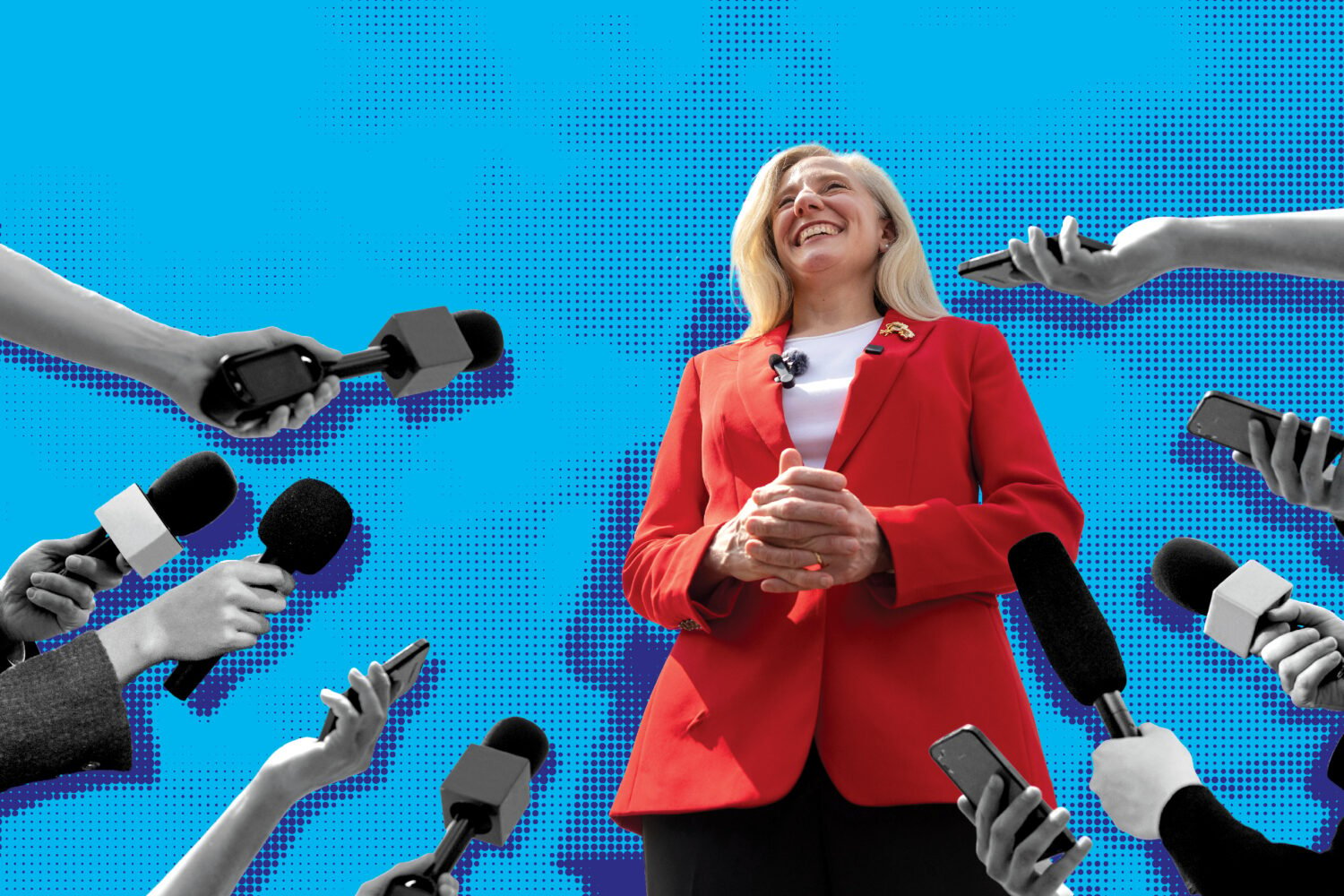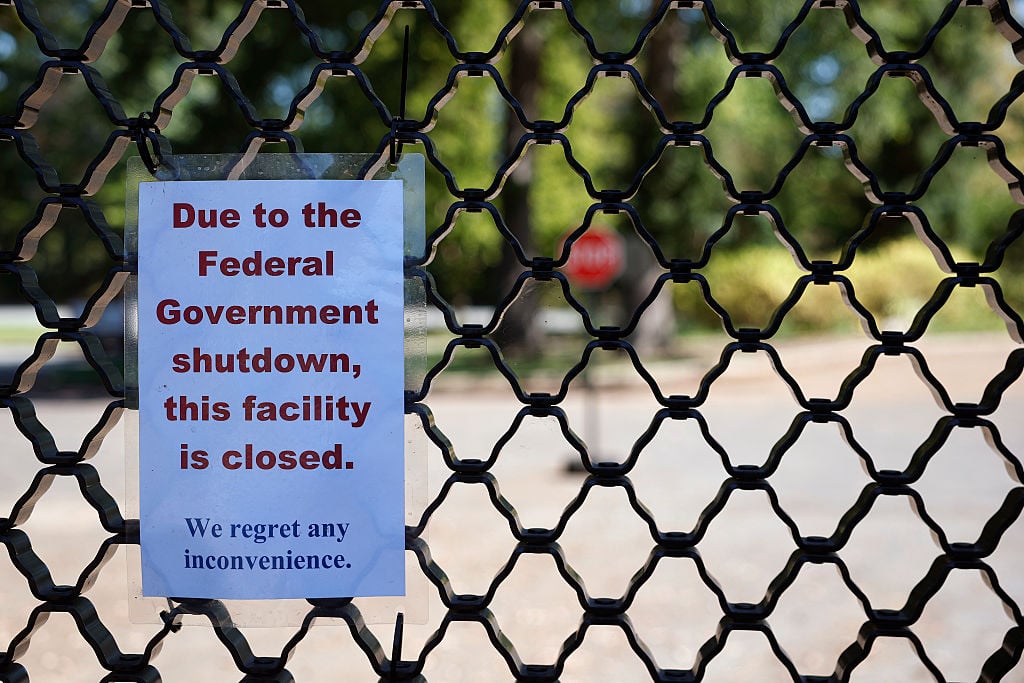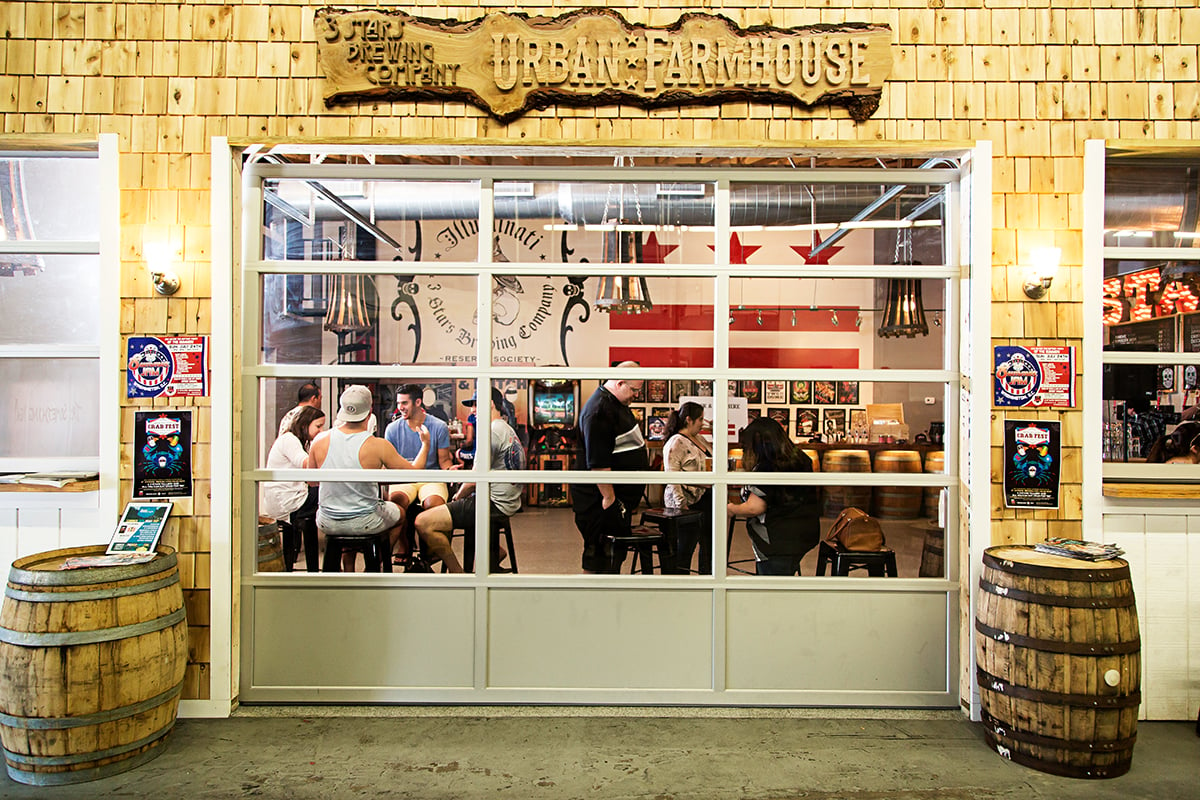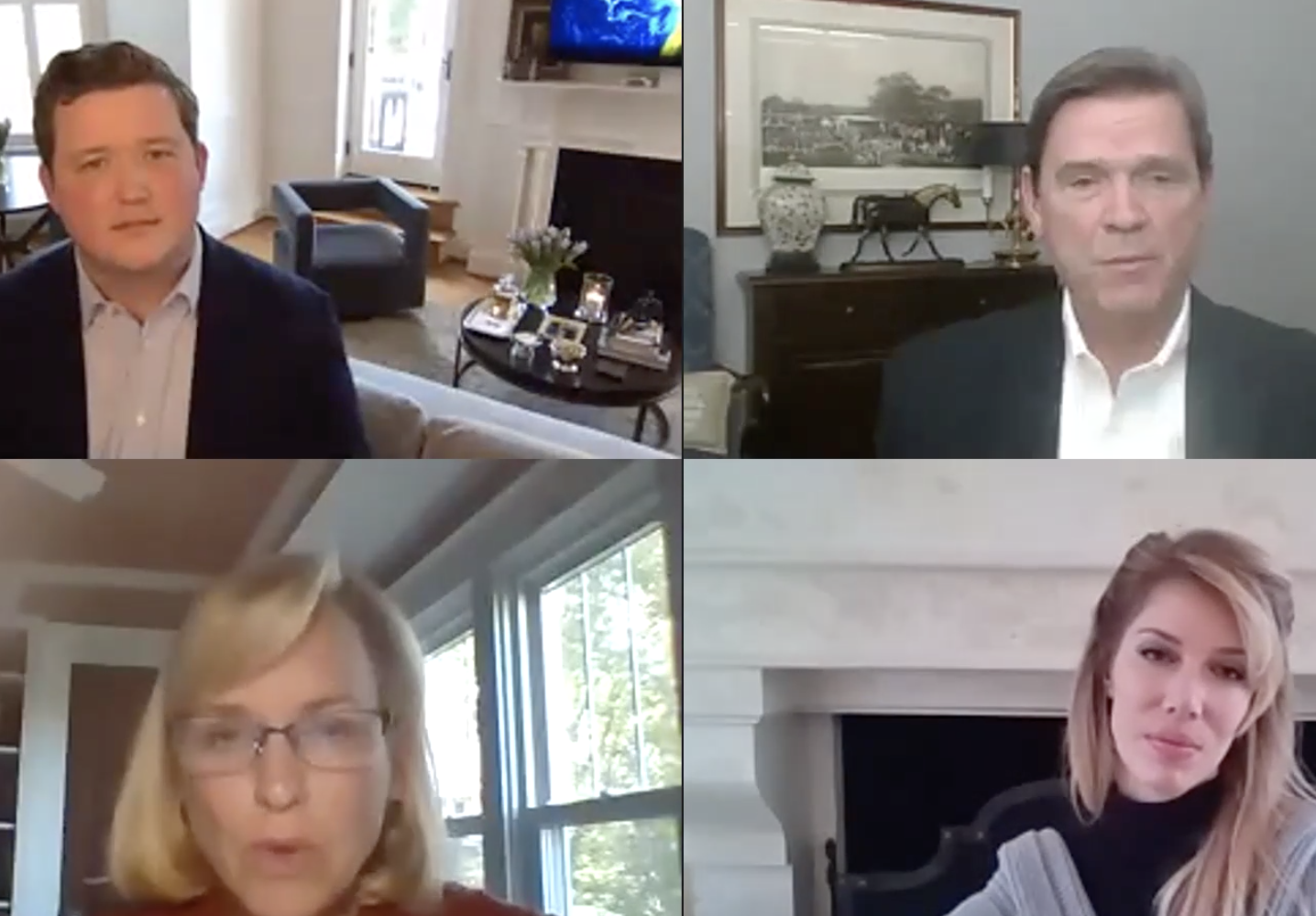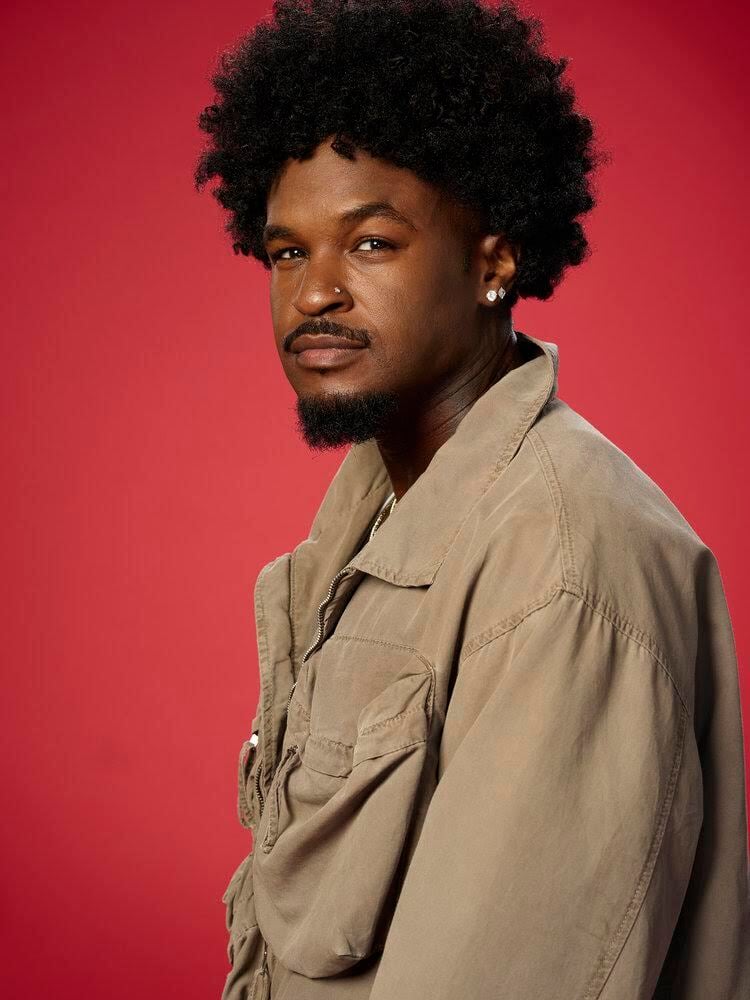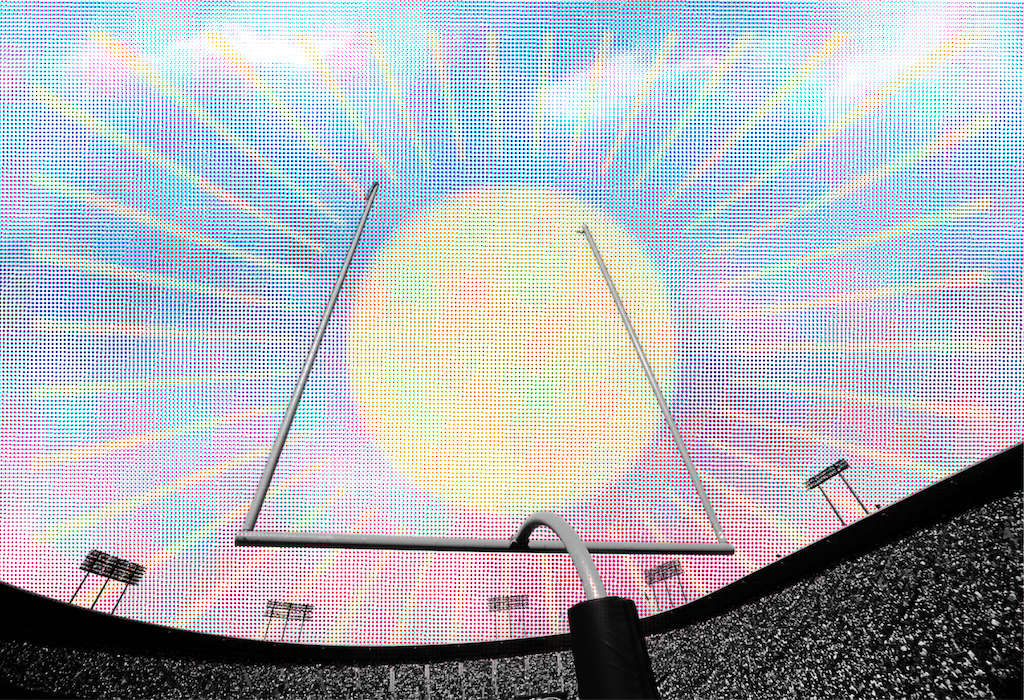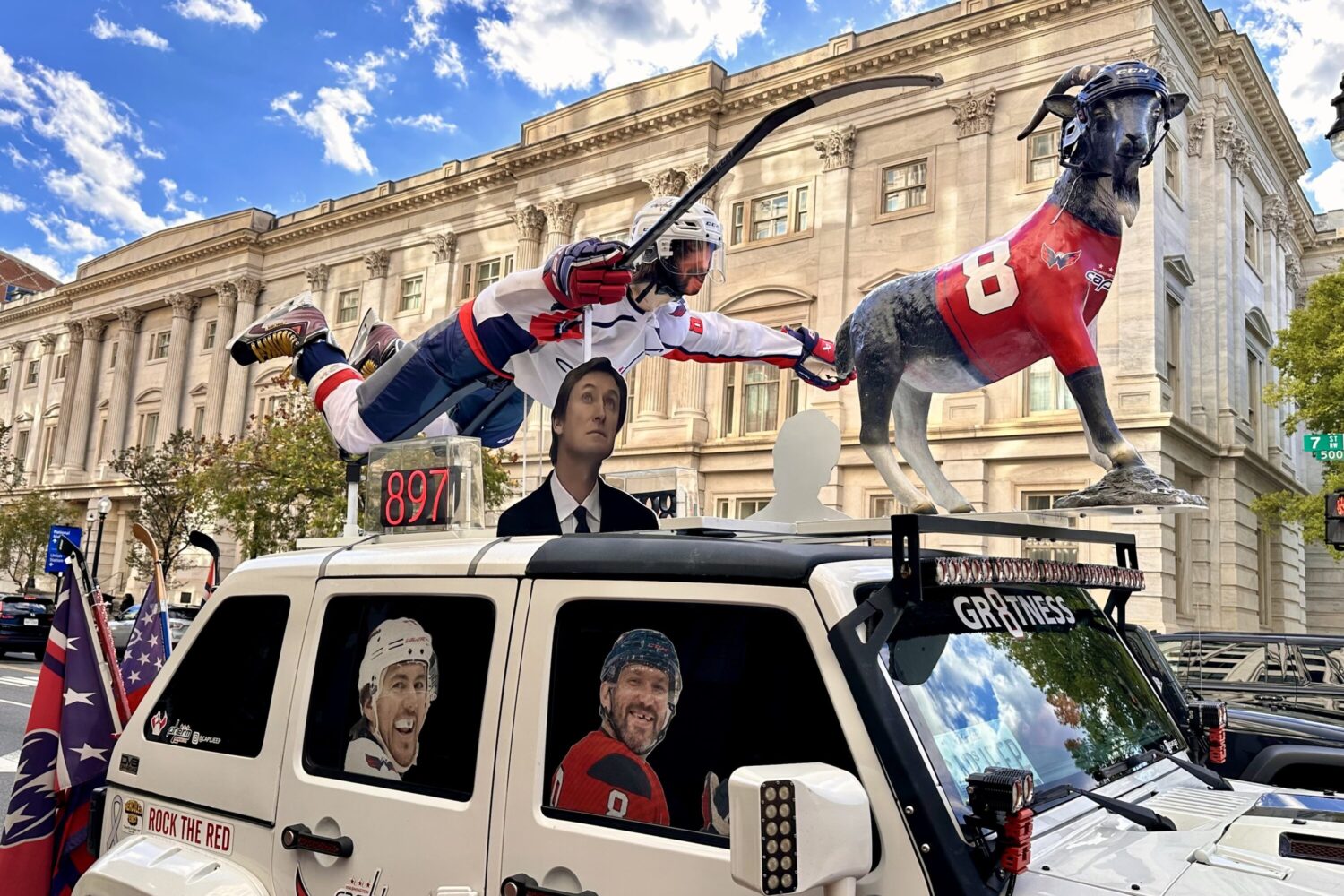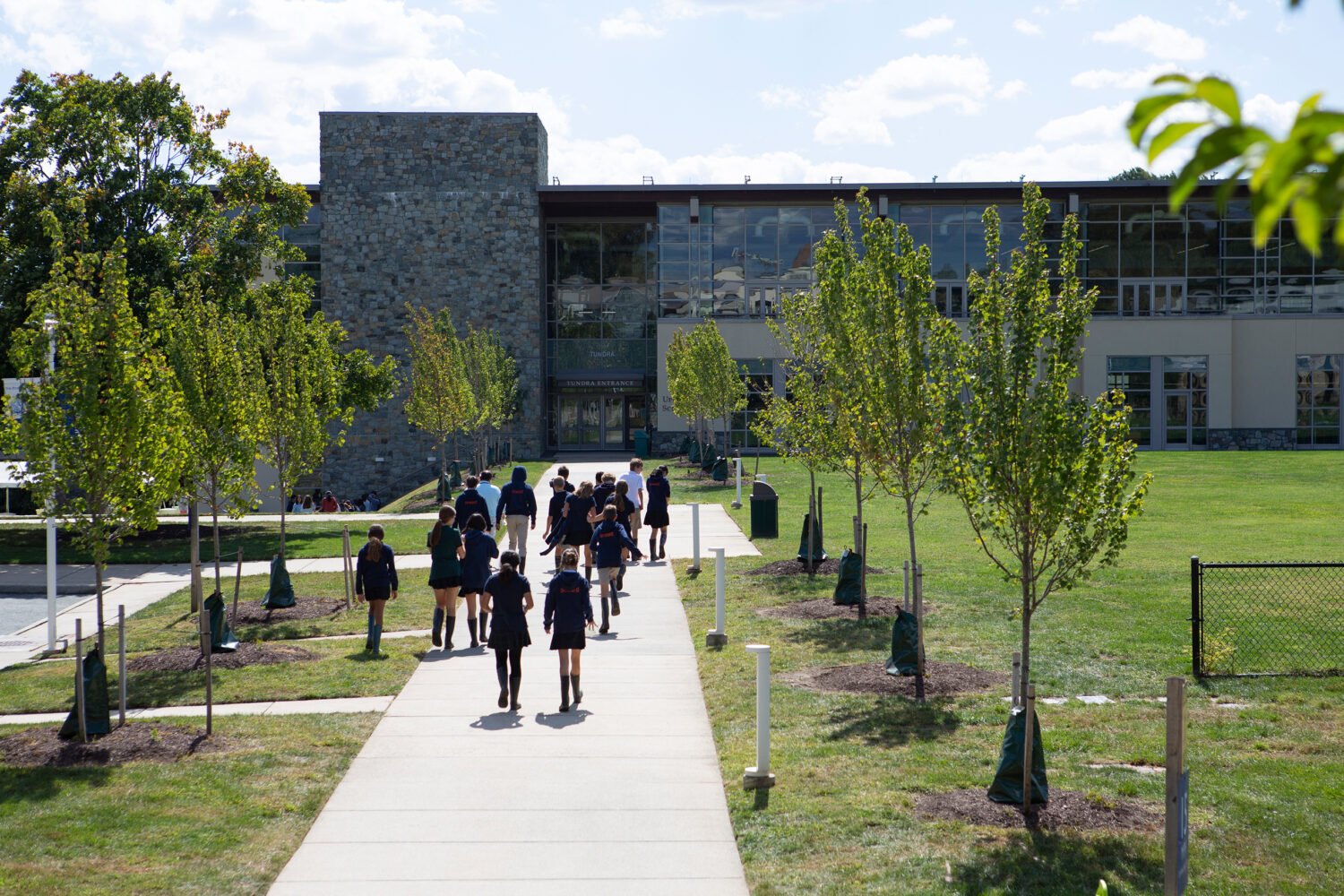
The sun’s reflection off the snow was blinding on January 20, 1961. The light was so bright that when Robert Frost—the New England poet President Kennedy had asked to pen a poem for his inauguration—stepped to the podium, he couldn’t read his verses.
With the wind lifting his white hair, Frost instead recited from memory “The Gift Outright,” his defense of Manifest Destiny, which begins: “The land was ours before we were the land’s.”
It was one of those rare occurrences when circumstances direct events toward a more perfect conclusion. The poem grounded the optimism of the day in the providence of America’s past, and the impromptu recitation—from one of America’s oldest, most formal poets—conveyed something of the young president’s freshness.
Although not often given as grand a stage as Frost, poets from all over the country have long crafted works exploring the richness and diversity of Washington. They’ve been “interested & amazed”—as John Berryman put it in one of his “Dream Songs”—by the confluence of ordinary people and extraordinary power, historical events and modern sensibilities, the wonders of the daily world and the majesty of all that marble.
In Berryman’s poem, narrated by a character named Henry, Washington is a place where pedestrians walk the same sidewalks as “lawyers big with great cigars” and “live” Supreme Court justices.
Shortly after I moved to Capitol Hill, I was surprised when I passed Chief Justice John Roberts outside the Capitol. But I’ve also been surprised by the isolated beauty of the Hill’s Stanton Park when it’s “white with a heavy fall” of snow, like the one in Berryman’s poem. Henry finds relief there from the rigors of life in a city where politics is ever-present, even on holidays.
In the 1920s, Langston Hughes found inspiration in the blues clubs on the District’s Seventh Street. The piano-bench posture of one musician, who made “that poor piano moan with melody . . . Swaying to and fro on his rickety stool,” informed Hughes’s poem “The Weary Blues,” one of the verses he snuck onto poet Vachel Lindsay’s table at the Wardman Park Hotel, where he was bussing tables. Lindsay read the manuscript and proclaimed in the papers the next morning that he’d discovered a new “bus boy poet.”
Duck into the DC jazz club HR-57 on a Saturday night and see if Hughes’s words don’t still ring true today.
On Massachusetts Avenue, I’ve strolled by a statue of a strolling Gandhi. Thomas Jefferson has stared at me from his memorial as I’ve kissed my girlfriend by the Tidal Basin and bats pirouetted above the purple water. Washington’s monuments and museums keep the great men and women of the past in our presence.Poet Stanley Kunitz was struck by an exhibit at the Library of Congress in 1976 in which the contents of Abraham Lincoln’s pockets on the night of his assassination were displayed. In Kunitz’s “The Lincoln Relics,” the library’s Great Hall, with its swirled marble, becomes an aquarium where Lincoln swims among hungry piranhas. The Confederate notes and newspaper clippings inside the President’s wallet become his payment into the next life—“that other laughable country.”
Washington is a good place to get a bigger perspective, but a walk up Embassy Row at rush hour validates the feelings of finitude, expressed in Randall Jarrell’s “The Woman at the Washington Zoo,” that can frustrate people in this often-formal city.
In that poem, a woman dressed in “dull null navy” wanders the zoo amid a stream of exotically attired foreigners from the embassies. “The world goes by my cage and never sees me,” she realizes after calling on the bars of her aging body to “open, open!”
Sometimes the city’s bustle, aided by the din of CNN and the buzz of BlackBerries, is inescapable. Robert Penn Warren, the Southerner who was consultant in poetry to the Library of Congress—a position now called US poet laureate—after World War II, imagined the clamor as the “merciless” song of a mockingbird in his poem “Patriotic Tour and Postulate of Joy.”
The bird’s critical tune stuns the President, makes senators flee to the bathroom and spit, stirs J. Edgar Hoover from sleep, and leaves the dead in Arlington National Cemetery turning in their graves. When it turns its dreadful song of “bright disaster” on Warren—who, in a panic to find hope to go on living, rises naked from his bed—the poet cries out rhapsodically “to know what postulate of joy men have tried / to live by, in sunlight and moonlight, until they died.”
The bird could be seen as the media or as protesters chanting against the government, but Warren’s poem captures the despair that comes when information shatters our assumptions of the truth.
Among cities, Washington is unusual in that all Americans claim it as theirs. May Miller’s “The Washingtonian” celebrates this fact by redefining what it means to be from here.
Natives, to Miller, are those who are “possessed of this city,” who are captured by its culture. All of the eyes looking at Washington’s diverse landscape help bring it into focus. All Americans can be “born into kinship” with this city’s people.
But as locals know, that kinship is sometimes tested by busfuls of determined tourists. In “Washington Days,” Patricia Gray—who runs the Library of Congress’s Poetry at Noon program—expresses the pride and slight perturbation we can sometimes feel during tourist season:
But if you have already visited, you may know me as the stranger
in your family album, the blurred figure passing through, as
you snapped a Washington memory—for I was born here: took
first steps holding my parents’ hands on Pennsylvania Avenue,
the southeast side, away from the residence of power.
For tourists, Capitol Hill is the Temple Mount. I remember seeing it for the first time when I was eight and gaping at its magnitude in comparison with the state capitol in my native Nashville. The ultimate iconic structure, the US Capitol has been the subject of much poetry.
Essentially a poet of the outside world, Elizabeth Bishop felt out of her element within the walls of the Library of Congress, where she was poetry consultant. Her inability to hear the Air Force band playing on the Capitol steps from her desk in the library led her to write these lines hinting at the disconnect between the city’s institutions and real life:
The giant trees stand in between.
I think the trees must intervene,
catching the music in their leaves
like gold-dust, till each big leaf sags.
In Allen Tate’s “Aeneas at Washington”—in the same book as his masterpiece, “Ode to the Confederate Dead”—Aeneas, representing the traditional South, looks out at the Capitol dome’s reflection in the Potomac River and recalls the fall of Troy (or the end of the agrarian way of life) and laments that “the city my blood had built I knew no more.”
Birds soaring above the dome led Gary Snyder, in “It Pleases,” to conclude that “the center of power is nothing! . . . The world does what it pleases.”
Over the years, poets have been quick to remind Washington power brokers of their ability to make or break reputations. Archibald MacLeish was an Illinois poet whom Franklin Roosevelt lured into becoming Librarian of Congress with a note in which he promised, “I will not interrupt the Muse when she is flirting with you!”
In “A Poet Speaks From the Visitors’ Gallery,” MacLeish trumpeted the role that poets—whose “songs are marble and whose marble sings”—have played in developing the public’s perception of Washington figures:
Have Gentlemen forgotten Mr. Lincoln?
A poet wrote that story, not a newspaper
Not the New Yorker . . . .
The poet to whom MacLeish referred was Walt Whitman, the grandfather of American poetry, who because of Washington’s centrality to the Civil War—in which his brother had been wounded—journeyed here in 1862. Whitman’s experiences in the area’s war hospitals inspired poems such as “The Wound-Dresser”:
The fractur’d thigh, the knee, the wound in the abdomen,
These and more I dress with impassive hand (yet deep in my breast
a fire, a burning flame).
Whitman’s love of Lincoln swelled while he was here. After the President’s assassination, Whitman lectured, wrote newspaper articles, and penned two elegies to his hero—“O Captain, My Captain” and “When Lilacs Last in the Dooryard Bloom’d”—all of which helped establish Lincoln, whose reputation was still in dispute, as perhaps our greatest president.
William Meredith, a former poet laureate who died in May, wrote of an unnamed but more suspect president in “A Mild-Spoken Citizen Finally Writes to the White House.” The narrator exhorts the commander in chief to learn from the past:
Generous ghosts must walk that house at night,
carrying draughts of the Republic like cold water
to a man parched after too much talk and wine and smoke.
Hear them.
Poetry is meant to be heard. In a city with no shortage of verbal eruptions, the measured words of poets are especially pleasing. Maya Angelou’s reading of “On the Pulse of the Morning” at Bill Clinton’s first inauguration helped translate the political promise of the day into a more universal, lyrical language.
There may be no better place outside of New York City and San Francisco to hear poets than the Library of Congress. Each year, the poet laureate puts together a reading series. Last fall, I attended an appearance by the reclusive poet Jack Gilbert. The frail, white-bearded Gilbert—who grew up in Pittsburgh but spent much of his adult life abroad—took to the podium in front of an audience that included a former lover, the poet Linda Gregg.
As Gilbert stumbled in his breathy tone through “A Brief for the Defense,” the audience seemed to seesaw between awe and pity. He was visibly shaken by his fearless lines about the duty of human beings to “risk delight” in the “ruthless furnace” of the world’s suffering. Frustrated later in his performance, he offered to have Gregg read his poems for him.
But like the sun and snow at JFK’s inaugural, the world intervened to keep him going. When he read these lines—“If the locomotive of the Lord runs us down, we should give thanks that the end had magnitude”—a Metro train in the distance blared its horn.
Gilbert looked up. “It’s appropriate,” he said, energized by the train’s affirmation, and read the words again.


